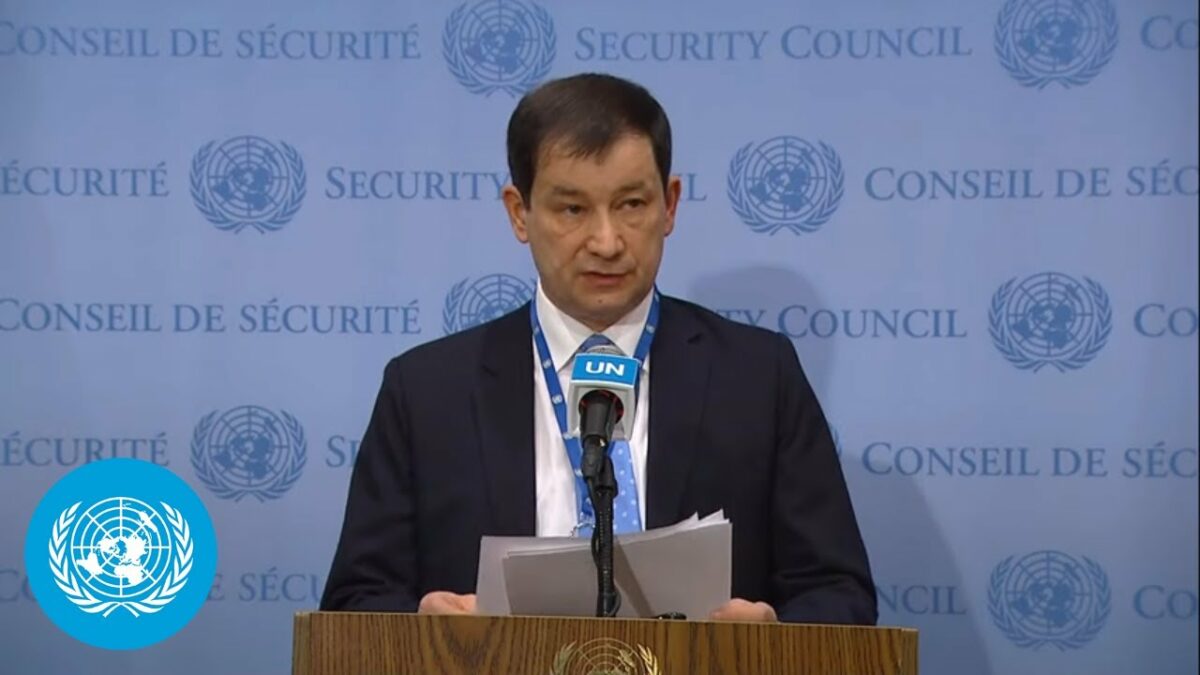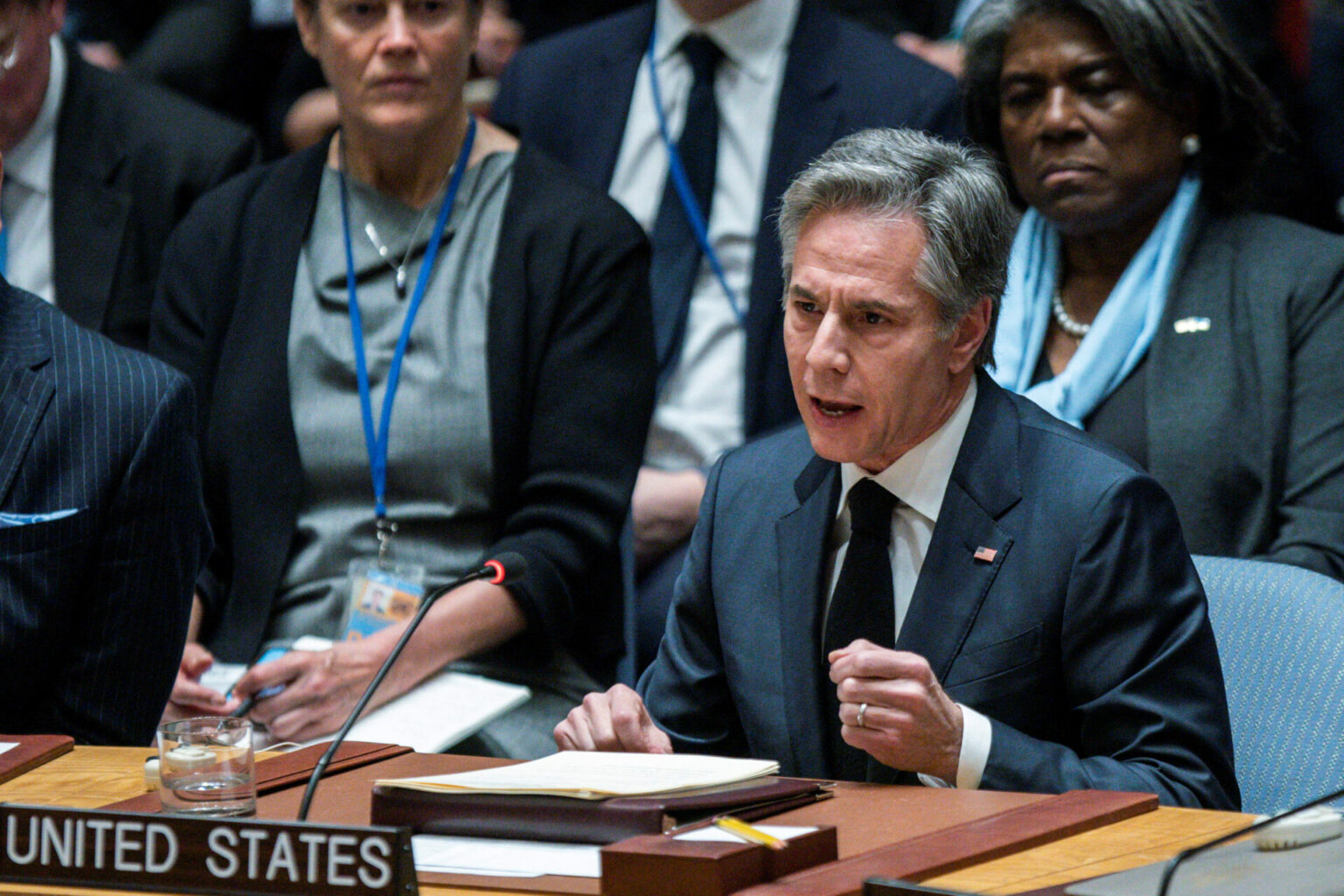At the recent UN Security Council meeting on famine and conflict-induced global food insecurity in New York, Anthony Blinken, US Secretary of State, accused Russia of using grain as blackmail. Blinken urged all countries to press Russia to stop taking advantage of the grain from the Black Sea and Ukraine as “blackmail” and to stop using the world’s hungry and vulnerable people as pawns in its “unconscionable war.”
Blinken condemned Russia’s response to the world’s outrage and distress by bombing granaries, mining port entrances, and threatening to attack any vessel in the Black Sea.
How has Russia used grain as blackmail?
Russia has pulled out of the ten-year-old Black Sea Deal that allowed Ukraine to ship more than 32 tonnes of grain from Black Sea ports to the countries in need. The state has repeatedly ignored the world’s appeals, causing the USA’s top diplomat to lash out at it. Blinken warned the Security Council’s 15 members against the weaponization of hunger.
Russia had signed the agreement in July 2022, which was aimed at alleviating the risk of famine in the world. Despite the war, the deal guaranteed markets access to Ukrainian grain.
According to the deal, Ukraine was allowed to export grains via the Black Sea during its conflict with Russia. By refusing to extend the agreement, Moscow has triggered a spike in the prices of grains. The hardest hit by the price hike are the poorer countries.
On Wednesday, Russian drones damaged the infrastructure at a Ukrainian port on the Danube. It targeted vital facilities for grain shipments after the deal collapsed.
Blinken told reporters that if the deal was revived, the US would keep doing “whatever is necessary” to guarantee that Russia may freely export food. Since Russia’s withdrawal from the deal, grain prices have increased by more than eight percent around the world, according to him. He also announced new funding of $362 million to combat food insecurity and malnutrition in several African countries and Haiti.
Now, Moscow is in turn demanding guarantees on another agreement concerning its own exports, in particular of fertilizer components. Dmitry Polyanskiy, Russia’s deputy ambassador to the UN, claimed that Western sanctions were affecting the country’s food and fertiliser exports.
Russia’s reasoning

The ambassador added to the debate that “illegitimate obstacles” created by the West affect Russia’s ability to supply agricultural products. He said that it would be difficult to restore the normal functioning of supply chains and address other global food security issues until the obstacles are removed.
Western sanctions are not imposed on Russian exports of food and fertilizers. However, Moscow has said that constraints on payments, logistics, and insurance due to the war have hampered its shipments.
Dmitry Polyanskiy charged Western nations with an “arrogant unwillingness” to assist Moscow in carrying out the terms of the U.N. agreement during the Security Council meeting on Thursday. He emphasized that Russia was a larger shareholder of the global wheat market than Ukraine, and was also an important fertilizer exporter.
Warning the developing countries, the European Union said that Russia is offering cheap grain to create “new dependencies” on the country for food by aggravating global food insecurity.
Polyanskiy said that the EU’s warning had a “perverted logic” and that Russia has never used Africa, Asia, or Latin America for profits.












